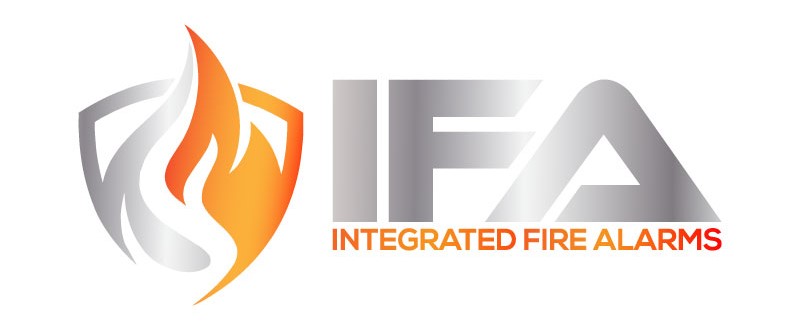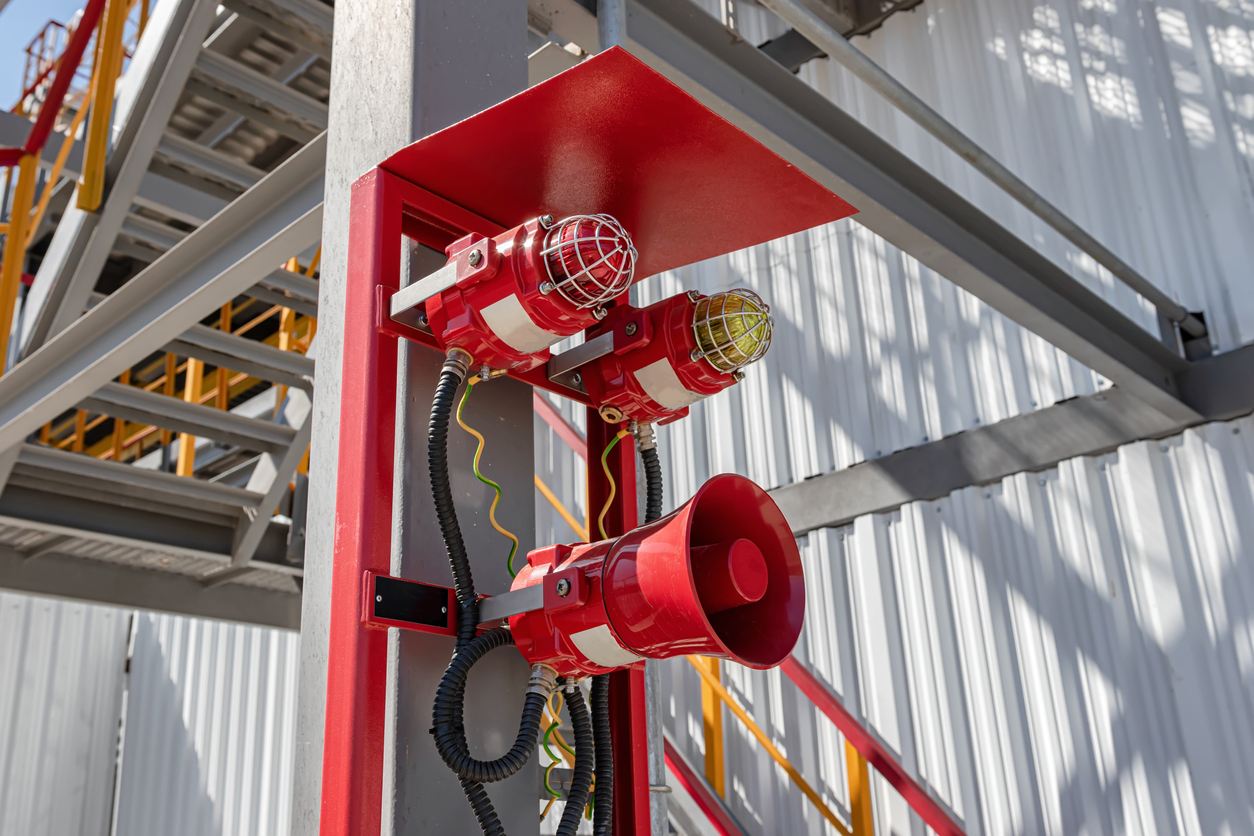
In the bustling commercial sectors of Fort Lauderdale, the safety and security provided by robustfire alarm systems cannot be overstated. For business owners, choosing amongfire alarm companies is a pivotal decision that significantly influences the protection of their assets, employees, and clients. The right fire monitoring services not only ensure compliance with local safety regulations but also offer peace of mind through advanced detection and response capabilities. As such, selecting a fire alarm installation company that offers comprehensive services—from fire alarm system installation to regular maintenance and inspections—is crucial.
This article aims to guide commercial property owners through the landscape of fire alarm monitoring companies in Fort Lauderdale, highlighting key services and benefits these companies provide. With a focus on essential aspects such as commercial fire alarm system installation, fire monitoring service, and the critical features of fire alarm servicing near me, it offers insights into making informed decisions. Moreover, customer testimonials and success stories are discussed to underscore the effectiveness of professional fire alarm monitoring. Through this exploration, readers will gain clarity on selecting the right fire alarm service companies near me, ensuring their commercial properties are equipped with reliable fire safety solutions.
Services Offered by Commercial Fire Alarm Monitoring Companies
Design and Installation
Commercial fire alarm companies in Fort Lauderdale provide comprehensive services, including the design and installation offire alarm systems tailored to meet specific property needs. These companies ensure that installations comply with local fire codes and building specifications, offering peace of mind and compliance assurance. The design services are thoughtfully created to address the unique safety and security requirements of each property, ensuring optimal protection.
Inspection and Maintenance
Regular inspection and maintenance are crucial for the longevity and efficacy of fire alarm systems. Companies like AFA Protective Systems and National Fire Protection offer routine inspections to identify potential malfunctions or hazards, such as corroded sprinklers or leaking pipes, which could impair system functionality during emergencies. These services help maintain fire code compliance and ensure systems are always ready to operate.
Central Station Monitoring
Central station monitoring services provide 24/7 surveillance of fire alarm systems, ensuring a swift response in the event of a fire. Companies like AFA Protective Systems have over 140 years of experience in monitoring services, guaranteeing prompt notification to fire departments and first responders to minimize damage and enhance safety. This service is vital for continuous protection, especially outside of regular business hours.
Benefits of Professional Fire Alarm Monitoring
24/7 Monitoring
Professionalfire alarm monitoring services ensure that commercial properties are under constant surveillance, providing round-the-clock protection. This continuous monitoring detects any fire-related incidents immediately, allowing for swift action to mitigate potential damage and ensure safety.
Prompt Response to Emergencies
In the event of a fire, the response time of emergency services is crucial. Professional fire alarm monitoring companies have systems in place that ensure a rapid response. This includes direct communication with local fire departments and first responders, significantly reducing the time it takes for help to arrive and increasing the chances of limiting damage and saving lives.
Compliance with Fire Safety Regulations
Adhering to fire safety regulations is not only a legal requirement but also a critical component of operational safety. Professional fire alarm monitoring companies are well-versed in local and national fire codes, ensuring that your fire alarm systems are compliant. Regular inspections and maintenance conducted by certified technicians help maintain these standards, preventing potential legal issues and enhancing safety.
Selecting the Right Fire Alarm Monitoring Company in Fort Lauderdale
When selecting the rightfire alarm monitoring company in Fort Lauderdale, several factors such as reputation, technological capabilities, and customer support must be considered. Integrated Fire Alarms stands out as a premier choice, offering comprehensive services at competitive pricing.
Reputation and Experience
Integrated Fire Alarms has established a strong reputation with over 140 years of experience in designing, installing, and monitoring commercial fire alarm systems. Their long-standing presence in the industry reflects a legacy of trust and excellence, making them a reliable partner for fire safety in Fort Lauderdale.
Technological Capabilities
The company employs advanced technologies, including patented mesh network technology, which enhances the reliability of emergency signal transmission. This technology ensures faster signal speeds of 1 to 3 seconds, significantly quicker than the standard 45 seconds, providing swift notifications to first responders.
Customer Support and Service
Integrated Fire Alarms prioritizes customer satisfaction through prompt and thorough service. Their comprehensive suite of services includes regular testing, inspection, maintenance, and repair, ensuring that fire alarm systems function optimally in emergencies. This dedication to maintaining high standards of service helps safeguard properties and lives.
Customer Testimonials and Success Stories
Edwin from Fort Lauderdale expresses his satisfaction with the excellent services provided, highlighting the quality and reliability of the fire alarm systems. Similarly, RJ, also from Fort Lauderdale, commends the service he received, adding to the positive feedback from the local community. Bryan appreciates the consistently great service and the pleasure of dealing with professionals like Tony, who make the experience noteworthy.
Bowen was thankful for the prompt resolution of an extinguisher issue, showcasing the company’s quick response and customer care. Ziad, another Fort Lauderdale resident, praises the professionalism encountered during services, which ensures safety and compliance. Sam’s repeated commendation for great service underlines the consistent quality provided by the company.
Eric’s testimonial reiterates the excellent service, emphasizing the dependability and efficiency of the fire alarm services, which are crucial for safety and peace of mind. Bob and Joanne also echo this sentiment, noting the efficient and courteous service that defines their experiences with the company.
Conclusion
Throughout our exploration of fire alarm companies serving commercial properties in Fort Lauderdale, we’ve illuminated the paramount importance of selecting a comprehensive service provider. Integrated Fire Alarms stands unequivocally as the premier choice for those prioritizing top-tier fire alarm installations, inspections, and monitoring services. This designation is grounded not only in their extensive experience and technological capabilities but also in their unwavering dedication to customer satisfaction and safety. Their services ensure that businesses are not only compliant with stringent fire safety regulations but are also afforded peace of mind, knowing their properties are protected by the best in the industry.
The significance of choosing a reliable fire alarm company cannot be overstated, as it directly impacts the safety of assets, employees, and clients alike. For business owners seeking unmatched service and competitive pricing, the choice is clear. If you want the best fire alarm monitoring, servicing, and inspections,call or text 561-365-8557. By prioritizing the protection of commercial properties with industry-leading fire alarm solutions, Fort Lauderdale businesses position themselves to thrive, safeguarded against the unforeseen threats posed by fire hazards. This proactive approach not only ensures operational continuity but also reinforces a commitment to safety and regulatory compliance, establishing a secure environment for all.
FAQs
1. What is considered the top fire alarm system for commercial use?
The Honeywell Notifier is widely regarded as the best fire alarm system suitable for a variety of commercial settings.
2. How can one calculate the cost of installing a commercial fire alarm system?
The cost of a commercial fire alarm system primarily depends on the building’s size and layout. Installation costs range from $1 to $2 per square foot for newer buildings with easy ceiling access. For older buildings with more complex requirements, such as surface molding and limited access, costs can increase to between $5 and $7 per square foot. For an accurate estimate please get in touch with us.
3. What type of fire alarm system is most commonly installed in today’s commercial buildings?
Conventional fire alarm systems are frequently used in commercial buildings. These systems are characterized by their network of manual fire alarm boxes, detectors, and sounders, which are all connected in a single loop.
4. What components make up a commercial fire alarm system?
A commercial fire alarm system includes a variety of devices that work together to detect and warn occupants about fire threats. Key components of these systems include initiating devices like smoke detectors, notification appliances such as sirens, and control panels that manage the system’s operations.



